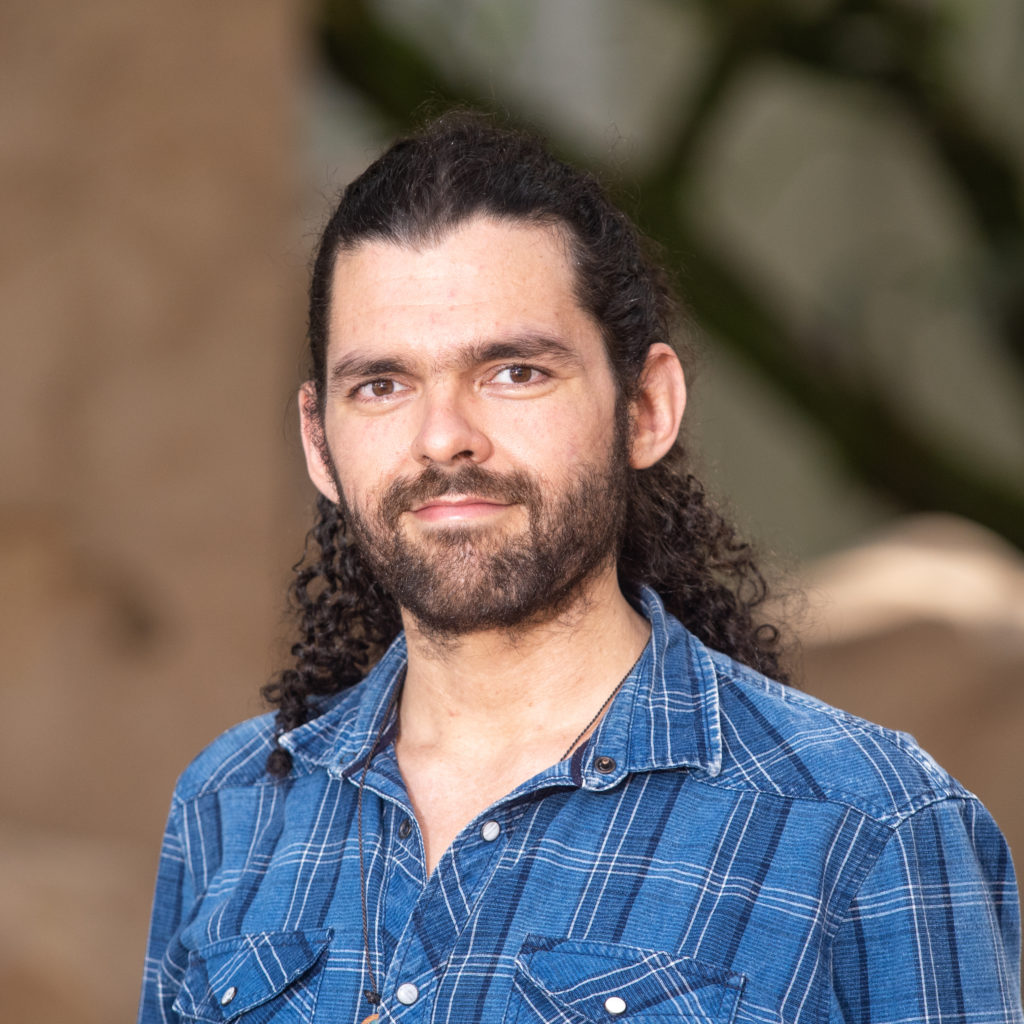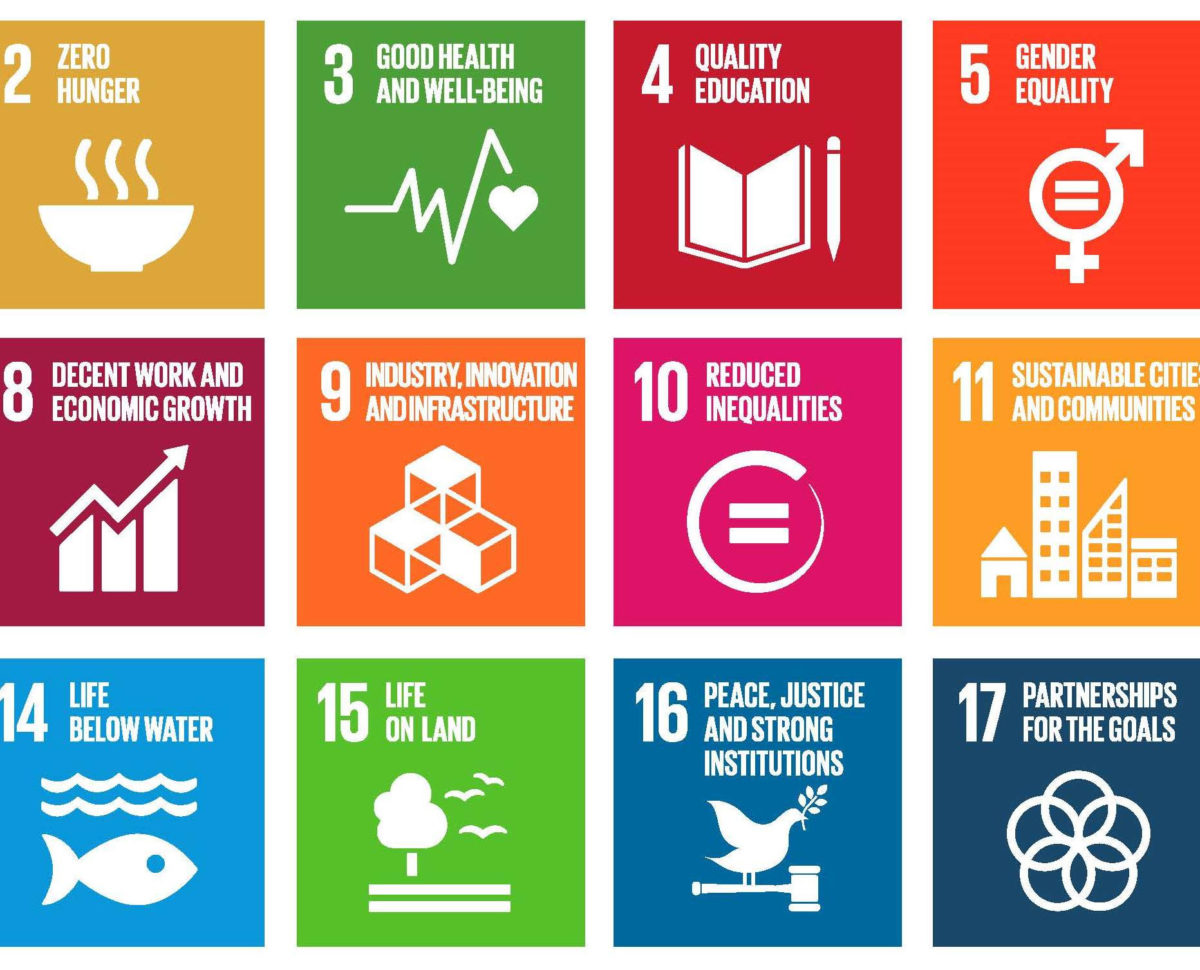
Santiago Sosa
‘If ex-combatant ventures are able to build peace with very limited resources and great social constraints, then imagine what traditional firms could achieve…’
Ending civil wars is difficult: around 50% of civil wars are the continuation or reignition of a prior conflict. Indeed, the biggest issue of a new peace is recidivism: as many ex-combatants remobilise in old or new armed groups, whether insurgencies or organised crime. In order to ensure a sustainable peace, therefore, former fighters have to be reintegrated socially, politically, and economically (although the latter is typically not analysed by scholars).
This is surprising, as economic reintegration is in and of itself a massive endeavour. First, ex-combatants are highly stigmatised, so their employment prospects are reduced. For comparison, think about how many companies are willing to hire ex-cons. In addition, whole sectors of the population may have been victims during civil war and may want limited contact with ex-combatants. Second, the abilities ex-combatants have developed during conflict do not necessarily translate easily into the legal economy. Therefore, there is an important training requirement for employability.
In sum, reintegrating ex-combatants into the economy is a difficult challenge – with implications for post-war peacebuilding. But what if ex-combatants themselves can reverse this situation? In our current project, Peter Gallo (Creighton), Andres Velez-Calle (Universidad EAFIT), and I explore how entrepreneurship by former FARC combatants helped build a sustainable peace. In line with the Civil War Paths framework, our focus is on the processes by which ex-combatants aim at changing their precarious status quo; especially, in terms of their relations to those local communities in which they wish to embed. In this blog post, I outline some of our key findings.

Entrepreneurship as a strategy for reintegration
Difficulties in employing demobilised individuals can be circumvented by ex-combatant-led entrepreneurship, in which ex-combatants become job creators – not only for themselves, but also for other demobilised combatants. Supporting self-employment opportunities for ex-combatants can be an effective way to ensure economic reintegration.
Over the past decade, business scholars have focused on the power of entrepreneurship for changing the status quo of marginalised individuals and groups. Indeed, according to the emancipatory entrepreneuring literature, the motivation to start a business can go beyond simple profit making: entrepreneurial activities can bring about positive social change and help individuals and communities overcome structural disadvantages. Indeed, as Yanto Chandra shows, entrepreneurship has been useful to reform and reintegrate religious terrorists in Indonesia, a highly stigmatised population.
How is entrepreneurship emancipatory? Rindova, Barry and Ketchen argue that there are three dimensions to this. First, entrepreneuring means seeking autonomy, that is, breaking free of economic, political, or social constraints. Second, entrepreneuring allows authoring, that is, defining relations and rules of engagement to enhance the potential impact of a given project. Finally, entrepreneuring is akin to making declarations about the status quo that is perceived as oppressive or constraining. By doing so, entrepreneurs can generate support from multiple stakeholders who also wish to see the status quo changed – or who can be convinced of the importance of doing so.
When creating their own businesses, then, ex-combatants not only ensure jobs for themselves (economic reintegration), thereby avoiding recidivism; but also address mistrust, bias, and reconciliation issues within the surrounding communities. Indeed, economic exchange with and employment of citizens, many of whom may have difficult relationships with ex-combatants, allows for repairing the social fabric, promotes spaces for dialogue and cooperation, and manifests a commitment to building peace and forsaking arms.
Ex-combatant entrepreneurship projects as peacebuilding
We studied four ex-combatant ventures in Colombia to identify everyday business operations that contribute to peacebuilding and the achievement of the UN’s Sustainable Development Goal (SDG) 16: peace, justice, and strong institutions. The choice of the ventures was driven by theoretical sampling to provide a framework of engagement that complements the emancipatory entrepreneuring literature. We did not select companies at random, but rather purposefully selected based on media attention, sector, and location in order to ensure diversity and rich comparisons.
The companies selected were: La Roja, a beer company set up between ex-combatants and a childhood friend of one of the ex-combatants; Muñecas ex-combatientes por la paz, a ragdoll company with an all-female team focused on empowering women and portraying a message of reconciliation, especially since the idea came from a social leader and not an ex-combatant; Confecciones La Montaña, an outdoor activewear company that allowed disabled ex-combatants to use tailoring skills developed in war (uniform making) – but now in the legal economy; and Café Paramillo, a fully vertically-integrated coffee producer that works hand in hand with the local communities from planting to roasting and distribution. We found these companies engaged with stakeholders differently based on their entrepreneurial stage (start-up or growth) and how far away their audiences are (local or distant).
We identified five practices for exchange relationship arrangements. First, existing family ties or friendships can be used as the foundation of trust that allows relationship-building amongst potential stakeholders (even at a distance). We call this extant intimacy. Second, peer sympathies allow entrepreneurs to make connections with other underprivileged and marginalised individuals or groups in order to work together. Third, entrepreneurs can seek relations with diverse local actors in an effort to overcome animosities and include marginalised people, such as Café Paramillo did in employing both ex-combatants, their victims, and other locals. We call this radical inclusiveness. Fourth, projects outside the typical business activities can help in building goodwill, such as the apparel company La Montaña’s use of their workshop for hosting community events and meetings, as well as doing the odd tailoring job to members of the community. Finally, there’s the classic institutional approach in which entrepreneurs can seek to build relations with traditional institutions, such as Government, NGOs, and international organisations like the UN. For example, Café Paramillo was able to land contracts in Government procurement, whilst La Montaña got support from the French Embassy in Colombia to buy sewing machines and raw materials to kick-start the venture.
Business for peace
As I argued above, economic reintegration is key in preventing recidivism after a civil war, and entrepreneurship can be an important strategy to achieve this. Indeed, not only do ex-combatant projects develop employment opportunities for a highly stigmatised population, but also allow for building ties and cooperation within the communities in which ex-combatants wish to embed: advancing reconciliation amongst those affected by conflict. Moreover, our research showcases the importance of agency in ex-combatant reintegration, as it is former fighters themselves who are actively advancing peaceful relations and reconciliation with their victims, ultimately undoing the stigma they carry, through their everyday business activities.
Businesses can have an important role to play in building peace. They have the resources necessary to provide jobs and investment in areas affected by or prone to conflict. If ex-combatant ventures are able to build peace with very limited resources and great social constraints, then imagine what traditional firms could achieve. What we learned from studying these ex-combatant entrepreneurs is how any firm with the requisite willpower might engage communities in their everyday activities in order to engage positive impact in conflict management and resolution, enhancing prospects for sustainable peace.
Update, 02/09/2022: this research is now accessible in published article form at BRQ Business Research Quarterly.

